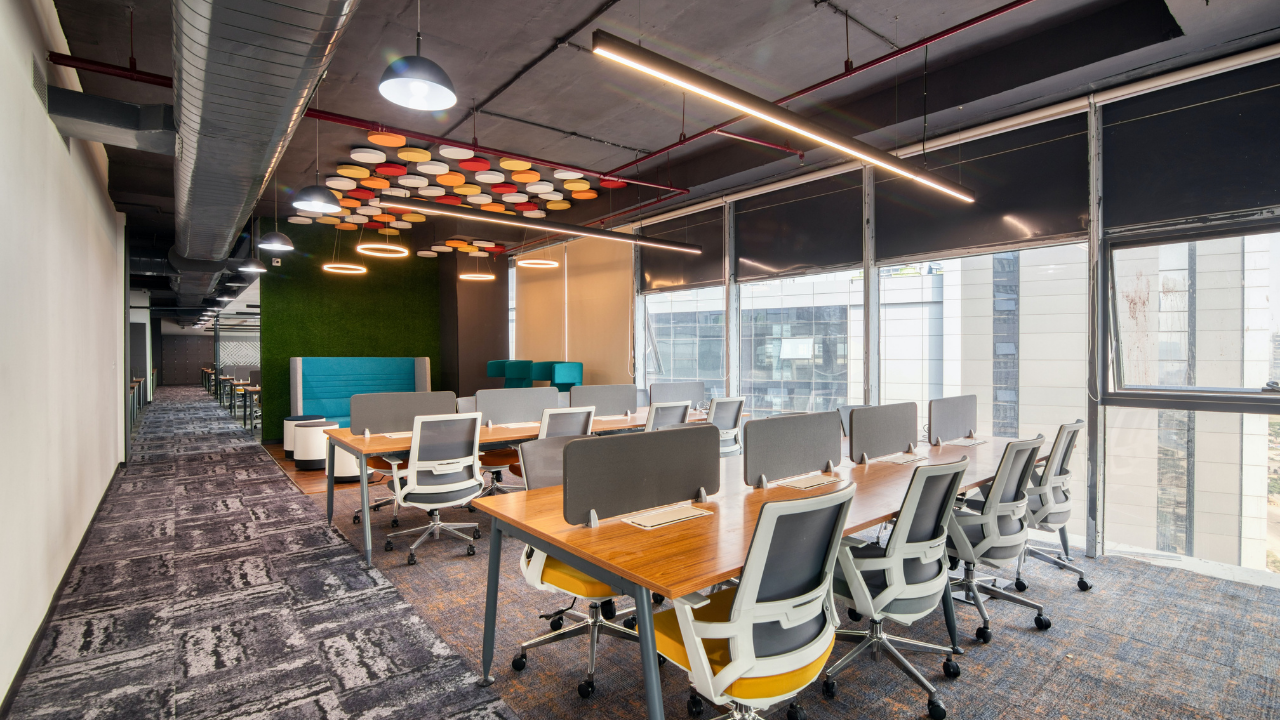Although vaccines are being rolled out around the world, offices are still largely vacant as major companies solidify their plans to incorporate remote working in the long term.
This means bad news for the coworking industry. WeWork has walked away from several locations, while Knotel recently filed for Chapter 11 bankruptcy.
It appears that there are very few operators that have not been impacted by pandemic. However, this does not necessarily mean that the industry is going to disappear. Instead, it will need to adjust and adopt a new approach that will play a helpful role in the post-pandemic workplace.
“Coworking going forward, for the survivors of the pandemic, are actually in a very good niche of office space,” said Alexander Snyder, an analyst at CenterSquare Investment Management. “In a post-pandemic world, we have very firmly established flexibility for the average office worker.”
Flexibility has been bolstered as one of the optimal ways to bring employees back into the office. Workers want the ability to have a workspace outside of their homes, but may not want to commute to the company’s main office.
Even tenants whose leases are about to expire may turn to flex to keep a workspace option in the meantime until they figure out their next real estate move.
So even despite the general grim nature of the industry at the moment, there are some glimmers of hope. The Yard announced it would be converting a closed hotel into a flexible office space, while The Wing recently received funding from the world’s largest flexible office operator IWG.















